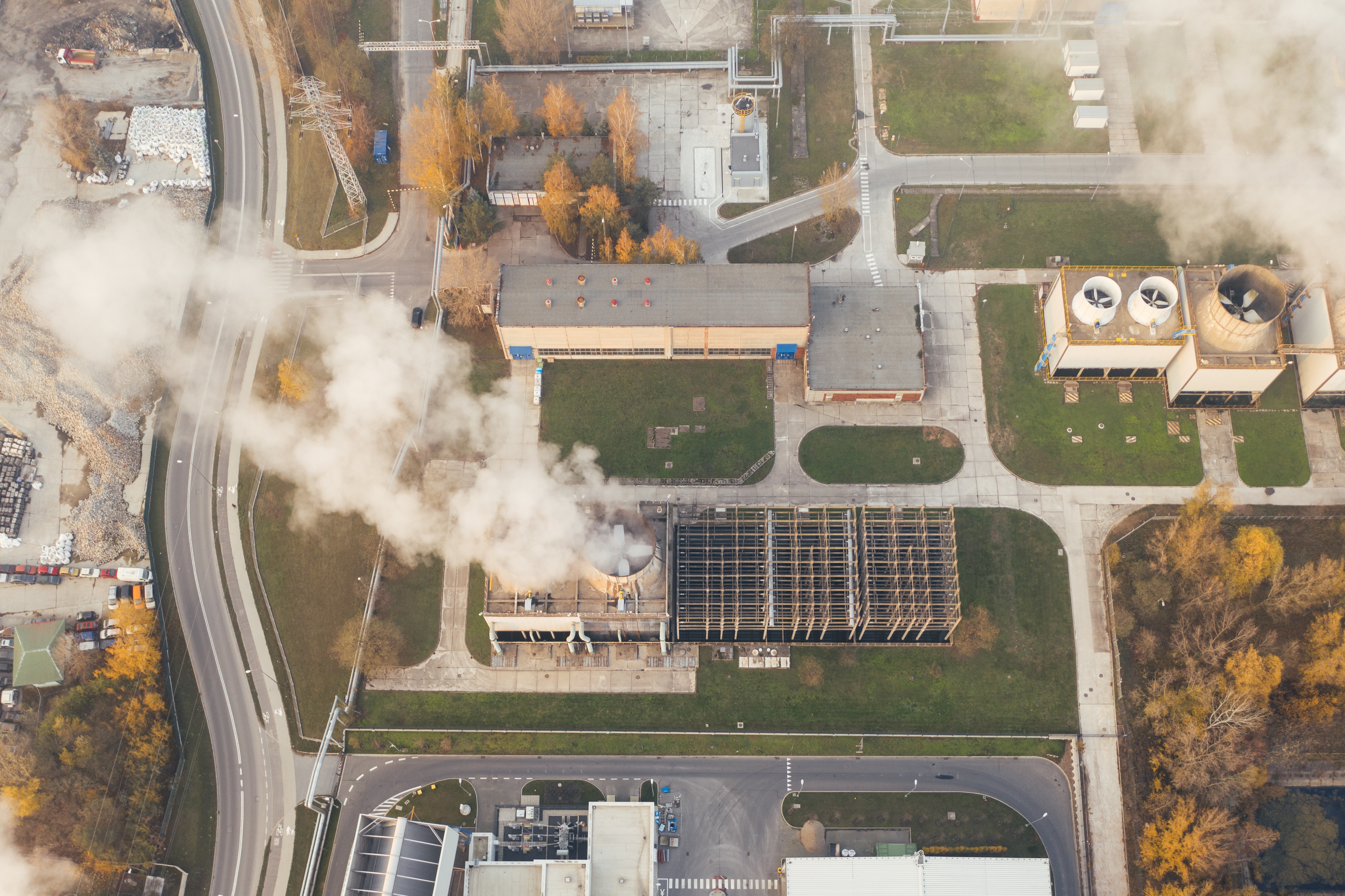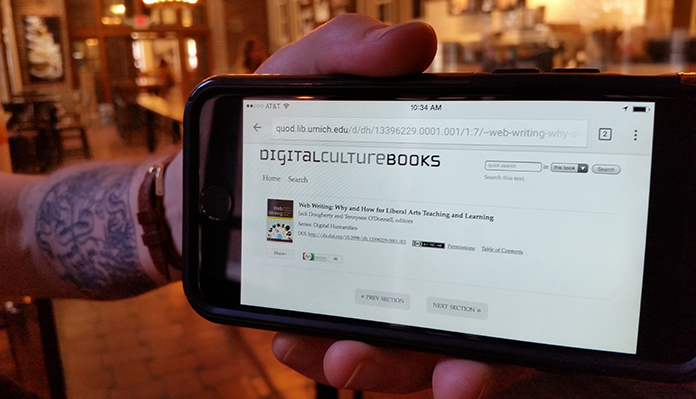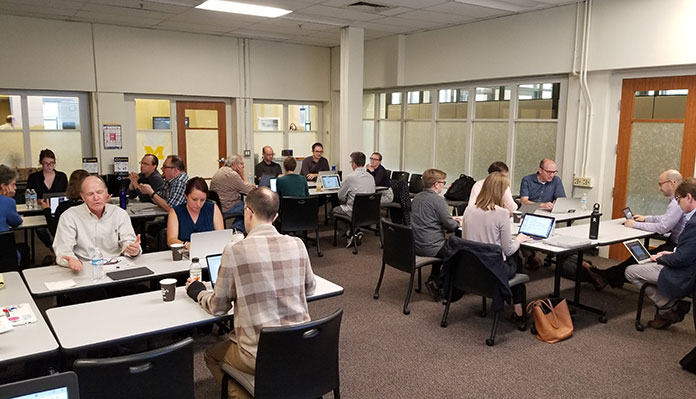Sustainability & Climate Action
Campus Partnership to Provide Open Access to Carbon Neutrality Reports

One of the greatest strengths of being a public university is also its greatest challenge: transparency to the public. Luckily, the Michigan Publishing division at the University of Michigan Library is able to provide expert partnership to campus leadership and other groups who need expert open access publishing services.
In 2019, University of Michigan President Mark Schlissel announced the President’s Commission of Carbon Neutrality, intending to recommend strategies U-M could utilize to achieve carbon neutrality. As a joint effort between PCCN and Michigan Publishing, the reports published by the commission were produced as Open Access documents and hosted on Fulcrum, a community-based, open-source publishing platform created by the Michigan Publishing Services team.
The carbon neutrality initiative spans across all three U-M campuses as a collaborative effort across all facets of the U-M community; monthly meetings included students, faculty, and staff, where they could give input and feedback on the work done by the commission. After drafting the final version of the report, the committee handed the manuscript over to MPS in March 2021, where they carried out a 4-month production timeline, publishing the final version in July 2021.
The work between MPS and PCCN focused on fulfilling overarching missions at the university: academic innovation, diversity, equity, and inclusion, and faculty and public engagement, to devise the best strategy for hosting the reports. The publishing process relied heavily on the accessibility of the project to not only the University of Michigan community, but the world at large as a means to share information with other institutions looking to improve their carbon footprint. Hosting the reports on an open-access platform allowed U-M to disseminate research-based information to those who may otherwise not have had access.
“Fulcrum is specially designed with accessibility in mind, and we build accessibility into as many of our digital products as possible through the production process,” said Joe Muller, digital publishing coordinator at MPS. Working with experts at the U-M Library’s Accessibility Remediation Program, MPS ensured that users with disabilities could access the documents with ease. The site provides a stable place to house the documents over time, hosted by Library infrastructure, to ensure that these documents are available to the public years in advance.
It takes special care to make digital content accessible to everyone because many common practices in document creation and web design only serve fully-sighted users, not people with blindness or other print disabilities. For this project, we worked with experts in the U-M Library's Accessibility Remediation Program to make sure everyone can access the PCCN's publications on Fulcrum and read them in a way that suits their needs.”
The final project includes 12 reports commissioned by the PCCN and authored by faculty, students, and consultants. Report topics range from building efficiencies, university-sponsored travel, energy consumption to campus culture to ensure a well-rounded approach to recommendations made by the commission. The website also includes the commission’s own report, entitled Final Report and Recommendations, that makes recommendations to the president. The PCCN’s final report recommends timelines, pathways, and strategies for U-M to achieve carbon neutrality in a comprehensive, affordable, sustainable, equitable, inclusive, transparent, and scalable way, as expressed by Administrative Director for the Commission, Drew Horning.
“One aspect of the commission's charge was to develop scalable and transferable models for U-M to achieve carbon neutrality. Thanks to the commission's partnership with MPS, the commission's analysis reports and final report are now published in an accessible and visible way which amplifies the reach and impact of the work beyond the university.”
Michigan Publishing Services trusts that this collaboration can serve as an example of the services MPS can provide to those in the university community and at the national level. “This kind of collaboration is great because we get to work closely with subject matter experts on campus and learn about the exciting work they’re doing, and they benefit from our expertise and infrastructure in scholarly publishing,” said Jason Colman, Director of Michigan Publishing Services.
“We were excited to help – not only because helping important U-M research like this find its audience is core to what we do, but also because we are all very concerned about carbon emissions and their role in climate change, and were interested to see how we could help solve this problem as members of the campus community.”
The reports are now live on Fulcrum and can be found here.
Explore more stories:

Advanced Technology | Life-Changing Education | Human Health & Well-Being
Born-accessible Publishing is Good Book-making for Everyone
Michigan Publishing is committed to leading on accessibility and disability issues. When readers with visual impairments couldn’t effective…

Advanced Technology | Sustainability & Climate Action
Digital Infrastructure Makes Scholarship Durable for Generations
It sometimes feels like you’ll always be able to retrieve electronic files or data. Until you can’t. “The problem with digital is that thi…